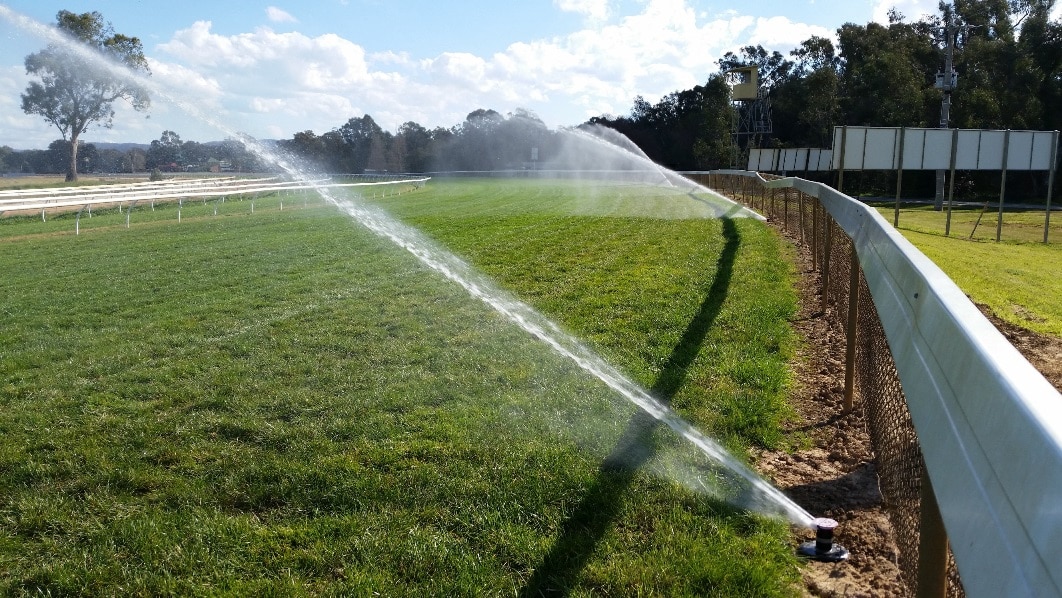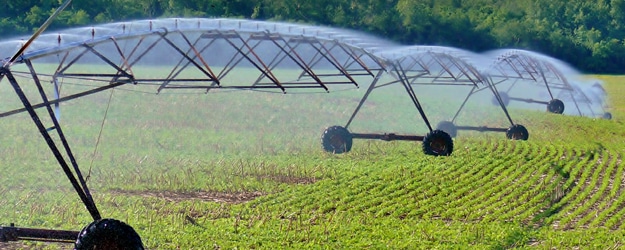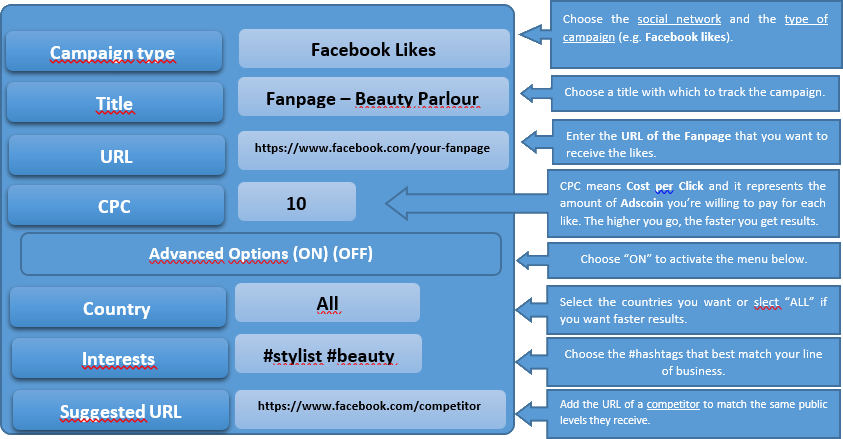Irrigation is of utmost importance for agriculture, contributing to increased crop productivity and to good performance under adverse climatic conditions.
Given this context, the importance of water for humans and the high costs that can occur in irrigation, it is necessary to use this resource rationally. So we bring you 3 ways to save money with your irrigation system:

1 – Irrigation at night
In nigh time, mostly, there is a lower demand for electricity in other sectors and when the energy tariff becomes cheaper, known as green fare. In addition to reducing the cost with energy, evapotranspiration at night is also lower, meaning it takes less water to irrigate compared to when it is day. Costs can be reduced by up to 80% with this practice.
2 – Intelligent irrigation
The instruments used to aid irrigation management aim to collect data that provide information on applying the right amount of water at the right moment. Some equipment is difficult to apply because of the complexity of handling and interpretation of their information, such as tensiometers, which measure soil moisture and are increasingly in disuse. The use of meteorological stations for the calculation of the water balance requires a high level of complexity in the interpretation of the data, making it impractical for day-to-day use of the producer. There are many things to know more about irrigation technologies.
3 – Maintenance and periodic calibration of the irrigation system
This ensures that the amount of water determined in the control system is the same amount of water that is flowing out of the sprinkler nozzles, ensuring accuracy in the irrigation process. In addition, periodic maintenance prevents waste and possible leaks.
By applying these 3 tips you can increase the profitability of your production and reduce the costs of your irrigation system. And better yet, in a sustainable way, thinking about the environment, with the least possible impact on water and energy resources, and even increasing production.

I’m Kelly Hood! I blog about tech, how to use it, and what you should know. I love spending time with my family and sharing stories of the day with them.












